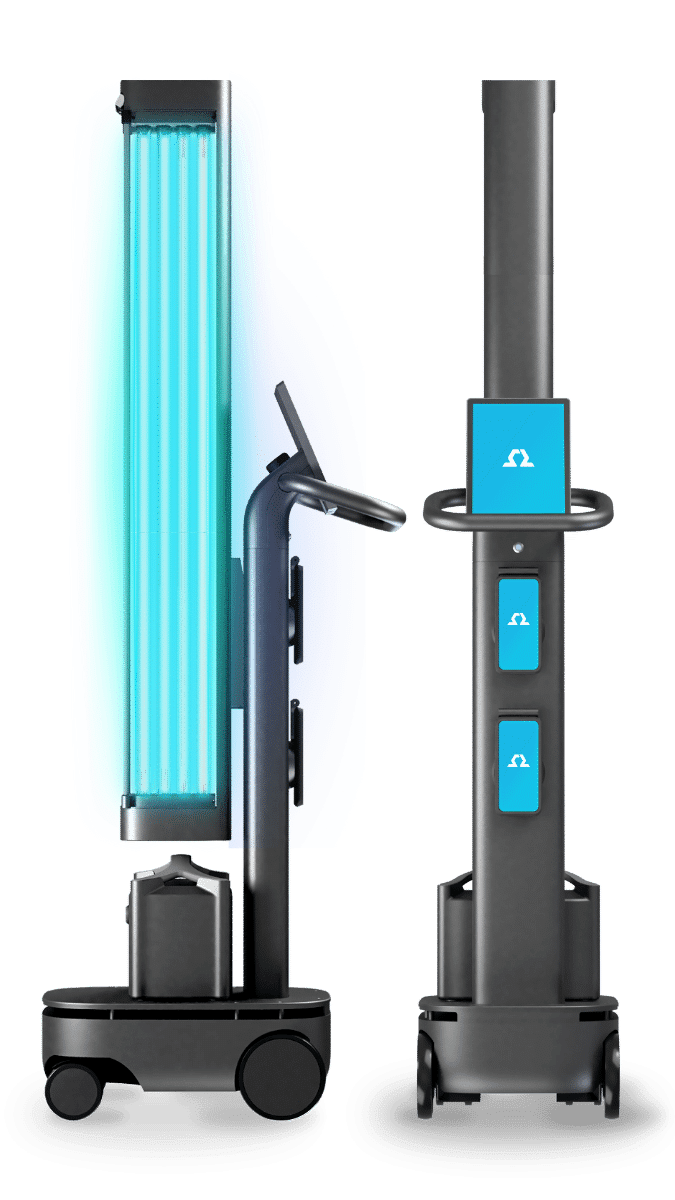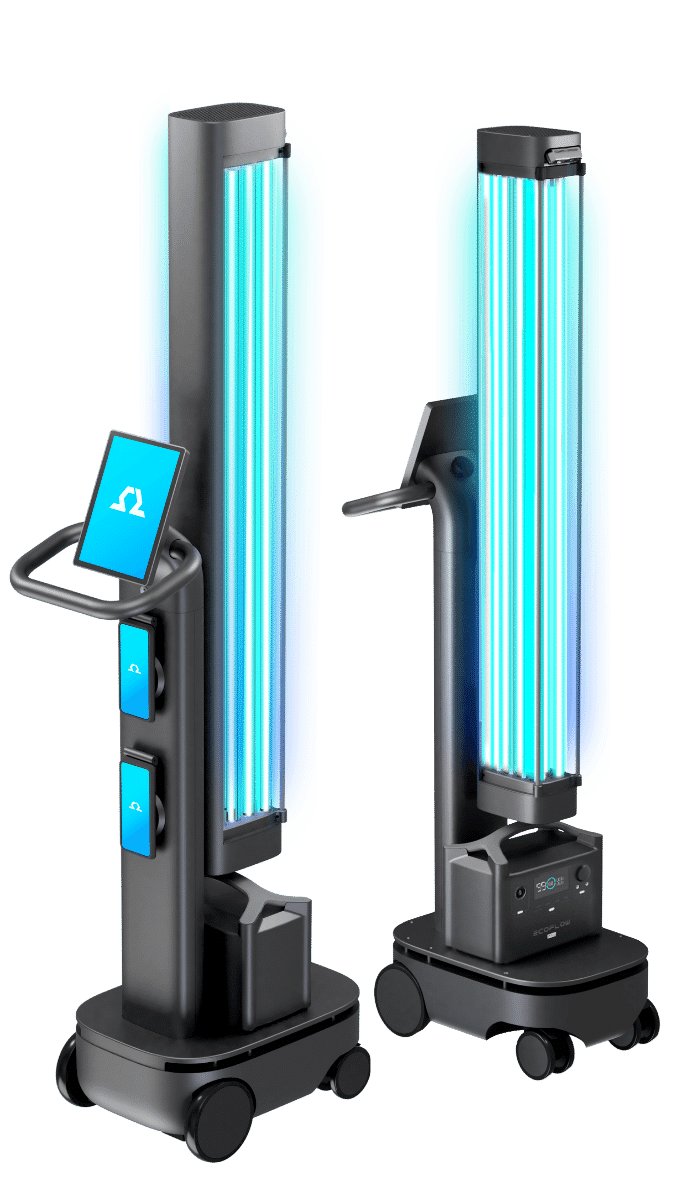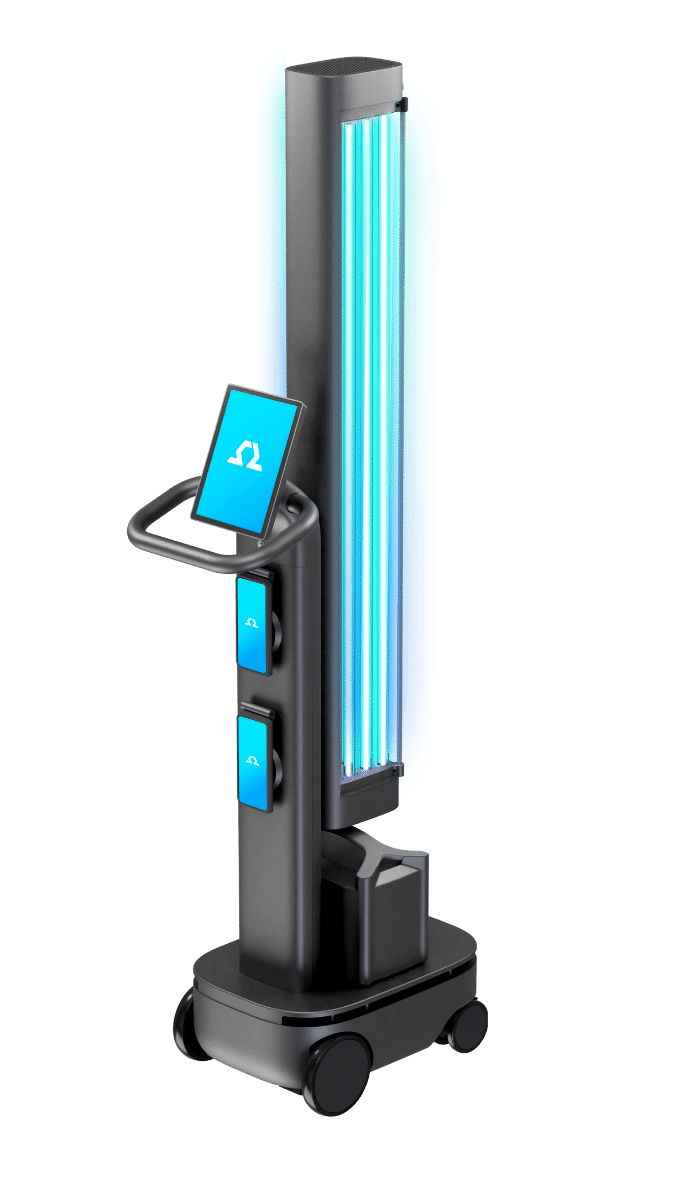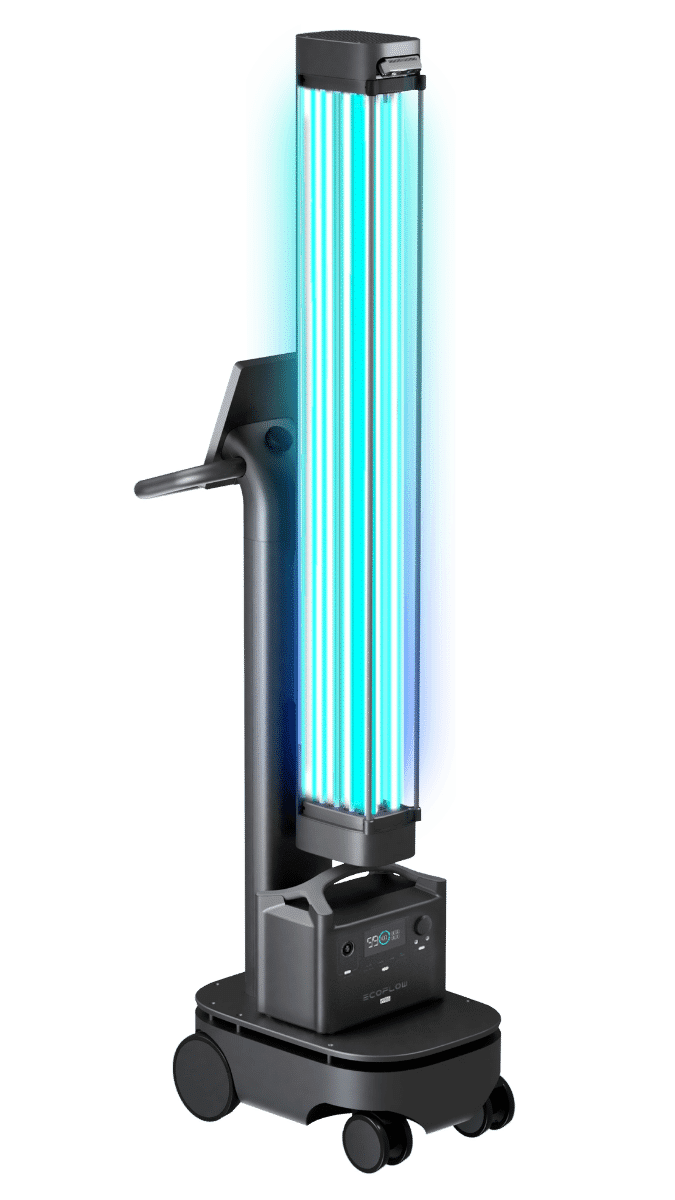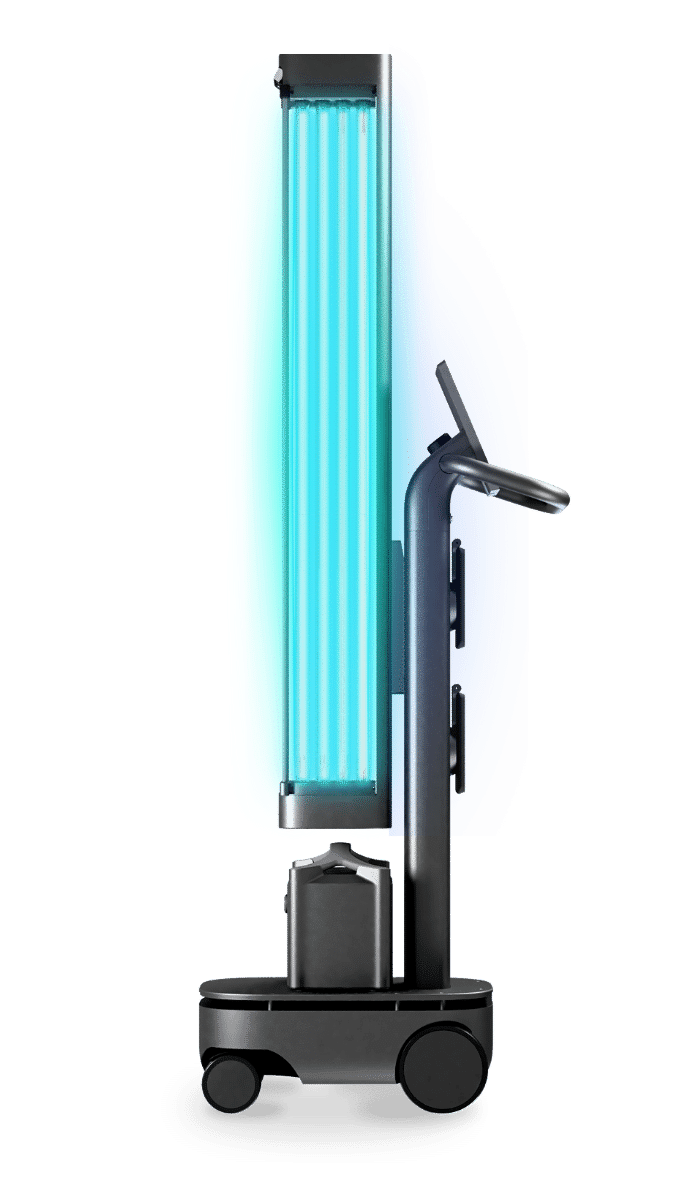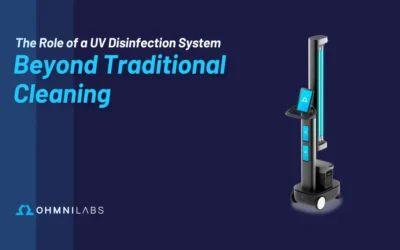Technology has played a major role in patient care, thanks to new and innovative solutions. According to the American College of Obstetricians and Gynecologists, technology has significantly reduced the risk of medication errors and improved patient outcomes.
Healthcare providers can rely on technology to ease their work processes, making them more efficient for patient care. Instead of focusing on traditional healthcare practices, hospitals should revolutionize their practice by utilizing new and innovative methods.
The digital revolution is undoubtedly changing healthcare processes, making them more efficient while delivering better quality. Here are seven ways technology can help hospitals.
1. Improved communication
Technology impacts how hospitals communicate, improving patient care and efficiency. This is especially evident when it comes to electronic health records. EHRs allow doctors, nurses, and other healthcare professionals to access patients’ records easily.
Technology can allow different healthcare providers to communicate effectively while collaborating, leading to better care and fewer errors.
According to a study by the University of Michigan, one of the major causes of adverse events in hospitals is a communication failure. This is why technology is crucial, including electronic medical records, computerized provider order entry, email, or pagers.
Accessing and updating patient records in real time, regardless of the location, is crucial for patient survival. It’s key for healthcare providers to share information promptly to achieve more accurate diagnoses.
2. Monitoring patients
With the help of technology, healthcare providers can keep watch of their patient’s progress without any qualms. Remote monitoring technologies allow tracking vital signs – such as monitoring the heart rate, blood glucose level, and blood pressure without needing an in-person visit.
This significantly helps diagnose a patient’s condition before it worsens and a serious problem occurs. In addition, the patient can monitor their own health and take a more active role in their own care through this technology.
The best way to help in monitoring a patient is through wearable devices. Wearable devices include fitness trackers and smartwatches. With the help of these gadgets, healthcare providers track patients’ activity levels, sleep patterns, and other health metrics through these devices.
The data collected from wearable devices helps determine the health status and adjust treatment plans accordingly. It also helps patients get real-time feedback and encourages them to make healthy lifestyle choices.
3. Automated process
Many hospital processes are now automated by leveraging the use of artificial intelligence and machine learning algorithms. Healthcare providers can analyze large amounts of data through these tools, from patient records to medical literature. This accelerates the process of identifying trends and patterns that are not obvious to the human eye.
Artificial intelligence and machine learning algorithms lead to more accurate diagnoses and personalized treatment plans. It’s also efficient in automating processes such as billing and scheduling. This significantly reduces patient waiting time and allows healthcare providers to focus on issuing high-quality patient care.
4. Personalized treatment
One of the major ways technology has helped healthcare providers is through precision medicine. This involves administering medicine based on a patient’s genetics, environment, and lifestyle. This greatly aids in developing individualized treatment plans.
One of the greater applications of personalized treatment plans is genome sequencing. According to the Centers for Disease Control and Prevention, whole genome sequencing provides a fast and affordable way to retract detailed information about bacteria. It’s an excellent technology that helps detect, respond to, and halt infectious diseases.
Instead of treating a patient’s symptoms, genomic sequencing and data analytics have made it possible to analyze their DNA makeup and identify genetic variations unique to their condition. This has significantly altered patient outcomes and improved the quality of care.
5. Promotes telehealth
Hospitals have revolutionized healthcare delivery through the promotion of telehealth. Telehealth involves the provision of healthcare services through digital technology. This can include video conferencing, mobile applications, or remote monitoring.
According to the National Center for Health Statistics, 37% of adults used telemedicine in 2021. The height of its usage was during the COVID-19 pandemic. However, the popularity of the technology still soars in many modern hospitals.
Through video conferencing, healthcare providers conduct virtual consultations, thereby receiving care from the comfort of their homes. This is crucial for patients who live in rural or remote areas, where access to healthcare services may be challenging.
6. Accuracy in medical procedures such as surgeries
One of the most rewarding aspects of technology in surgery is the use of surgical robots. These surgical robots are excellent at performing surgeries with greater precision and control. They help healthcare providers reduce the risk of any human error.
The robots rely on advanced imaging technology to control surgical instruments, leaving surgeons to operate with high accuracy. Through the technology, patients suffer minimal complications, reduced recovery time, and improved patient outcomes.
Healthcare providers typically use artificial intelligence and virtual reality technologies to visualize surgical procedures in 3D. This allows them to grasp the human anatomy better and plan the surgery more precisely. Through this, they can identify potential complications and come up with strategies before the day of the procedure.
Technology also helps simulate surgical procedures, helping them practice surgeries before performing them on a patient.
7. Enhance the security and confidentiality of patient data
One way that technology can enhance security is through the use of advanced authentication and encryption methods. These methods ensure that only authorized personnel can access patient records.
According to one study, more than 57% of healthcare organizations have suffered more than 5 data breaches, with the Anthem data breach of 2015 affecting more than 80 million individual patients.
Modern hospital information systems employ strong encryption techniques to protect sensitive data. Access to this data is often controlled by multi-factor authentication with biometrics which requires staff to provide multiple forms of identification before being granted access. This ensures that patient information remains secure and that only authorized personnel can access it.
Technology can also provide real-time monitoring of hospital networks to identify and prevent security breaches before they occur. This can include network intrusion detection systems, which can identify and block suspicious traffic, and advanced firewalls that can identify and prevent unauthorized access attempts.
One effective technology that hospitals can use to enhance their security is a Virtual Private Network (VPN). A VPN like NordVPN provides a secure and encrypted connection between a hospital’s computer systems and the internet, ensuring that sensitive patient data and medical records are transmitted securely.
Conclusion
Technology has completely revolutionized healthcare delivery. It has enabled hospitals to improve patient outcomes, enhance the patient experience, and reduce healthcare costs. It has breathed new air into healthcare processes, from automating healthcare processes, personalized treatment, surgical technologies, and monitoring patients.
